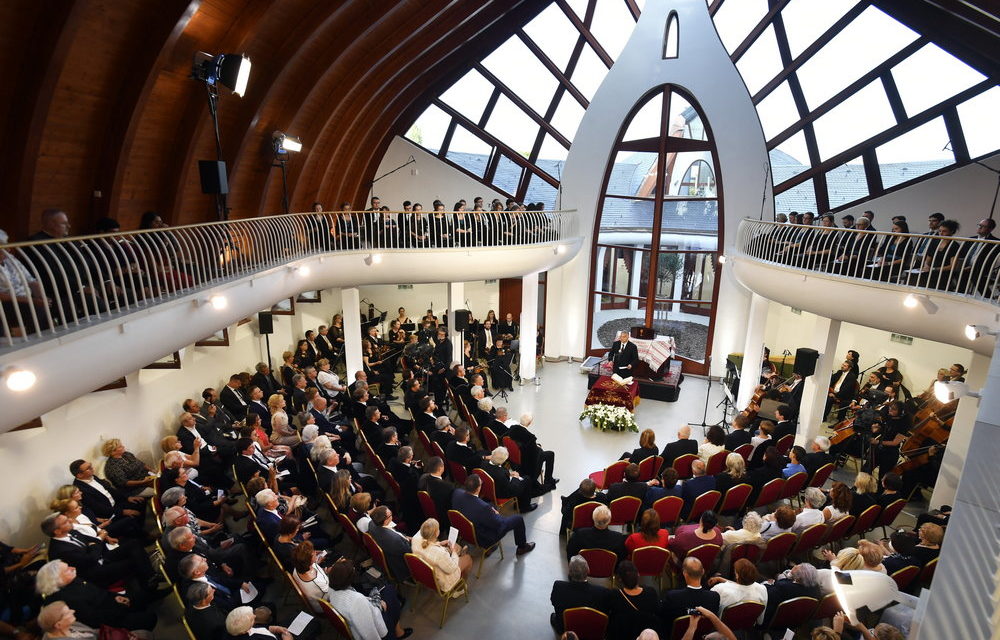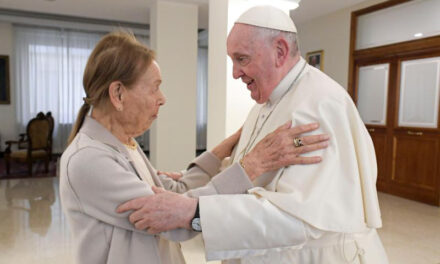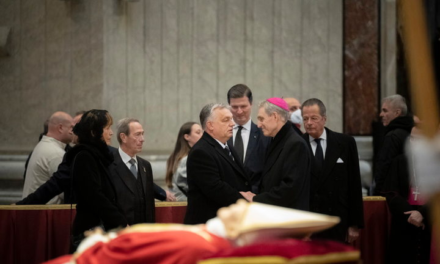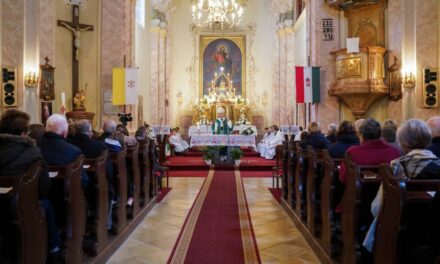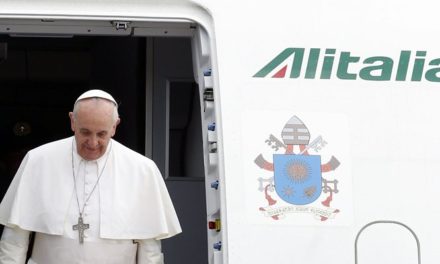Hungarians can only remain Christians and each new church is a bastion in the ongoing struggle for the freedom and greatness of the nation, said Prime Minister Viktor Orbán on Sunday, at the consecration of the reformed Church of Unity in Pesterzsébet.
In his greeting at the celebratory service, the head of government said: "We Hungarians have been a church-building nation for a thousand years", and during the time of Saint Stephen, many others could say this about themselves. However, according to him, we are living in different times today: there are not more and more, but less and less church-building nations in Europe.
He believed:
Today, Western Europe is in the phase of "loss of cultural and civilizational ground and balance", the great historical role and mission that the Christian-Christian European civilization played in the last 500 years is now weakening and dissipating, it has given up its sense of mission, cultural and spiritual heritage , he simply threw away his future.
"At this point, I remember how many people and how many times they wanted to catch us up to where they don't build churches anymore, only mosques," he remarked.
At the same time, he emphasized:
the Hungarians do not want to "deviate nor drift" from the path they have been following for a thousand years, but this is possible if they realize that the state and the church communities must work together.
He reminded: this cooperation is also sanctioned by the Basic Law, when it states that the protection of Hungary's constitutional identity and Christian culture is the duty of all organs of the state. In a Christian-based democracy, the state not only has a task, but also an obligation to take responsibility for traditional communities, from the family to the churches to the nation, he assessed.
"Our history teaches us that Hungarians can only remain as Christians. A country closed between borders, but a soul without borders: this is Hungary. We are not only a church-building nation, but in order to survive, we must be a church-building nation. Each new church is a bastion in the ongoing struggle for the freedom and greatness of the nation," he declared.
Therefore, he continued,
Since 2010, 150 new Hungarian churches have been built in Hungary, in the Hungarian-inhabited areas of the Carpathian Basin, and more than three thousand domestic and foreign churches have been renovated.
In his speech, Viktor Orbán said: it was a "powerful week" for the Hungarian Reformed people, since last Sunday they inaugurated a Reformed kindergarten on Svábhegyen, on Saturday they founded a university in the Reformed citadel, Sárospatak, and today they are inaugurating a church. The church is a sign that we trust God and therefore look to the future with faith. Our churches are lighthouses, when new ones are built, the light in the world increases, he emphasized.
The Prime Minister praised psychologist Emőke Bagdy for his role in the construction of the new church, who supported the construction of the building with the largest private donation. He spoke about the architect Imre Makovecz, who, as he said, "dreamed up the church in the twilight of his life", and about the architect Tamás Dósa-Papp, who continued and developed the plans of his master. The Prime Minister also praised the strength of the local community because, he noted, the building is also a herald of the fact that there is a Reformed congregation in Pesterzsébet that believes in its own future.
At the thanksgiving service Zoltán Balog , the pastor president of the Synod of the Hungarian Reformed Church, highlighted:
it is the responsibility of the church builders and those who serve in the church to "call" to prepare the meeting between God and man. However, when God appears, they must stand aside, because then only God matters.
He put it this way: "We Reformed people must be characterized by the fact that we can step back, retreat when the encounter between God and man takes place".
In his sermon, Zoltán Balog explained the history of the consecration of the Jerusalem church. According to the narration in the second book of Chronicles, during the dedication of the church, "the house of the Lord was filled with a cloud", and the priests lined up for the ceremony could not perform their service because of the cloud.
The Reformed bishop noted: the somewhat ironic teaching of the story is that the presence of God in the church is not an automatic consequence of the ceremony or the preaching of the word, it happens that the church routine rather hinders it. Therefore, at the consecration of the first church, the Holy Spirit "pushed the pastors aside a little" so that the people's encounter with him would be "a real, inner shock."
Béla Kató , the bishop of the Transylvanian Reformed Church District, spoke in his greeting: the church in Pesterzsébet indicates with the name that it wants to be a brother to the church of the Bözödúj village in Transylvania.
He recalled: Bözödújfalu, a settlement 22 kilometers from Marosvásárhely, was the victim of Ceausescu's destruction of the village in the mid-1980s. The village, in which Catholics, Unitarians, Székely Sabbatarians, Greek Catholics and Reformed lived in barely 200 houses, was flooded with water. The houses were gone, but the towers of the village's churches were still visible from the water for a long time before they fell.
The former residents return every year, and in 2020 they decided to rebuild the tower of the former Catholic church in the middle of the lake as a symbol of survival and togetherness.
Emőke Bagdy, a clinical psychologist, psychotherapist, and university professor who organized a fundraiser for the construction of the church, said that many thousands of people donated regardless of their religious affiliation across the country and beyond the borders.
The sketch of the plans for the church built on King Mátyás tér in the 20th district was drawn up by Kossuth and Ybl Miklós award-winning architect Imre Makovecz, and the plans were developed by his student, Tamás Dósa-Papp.
The foundation stone of the church was laid in 2018, and construction began in 2019.
MTI
Photo: Prime Minister Viktor Orbán delivers a speech at the celebratory service at the consecration of the Reformed Unity Church in Pesterzsébet on September 26, 2021. MTI/Zoltán Máthé

